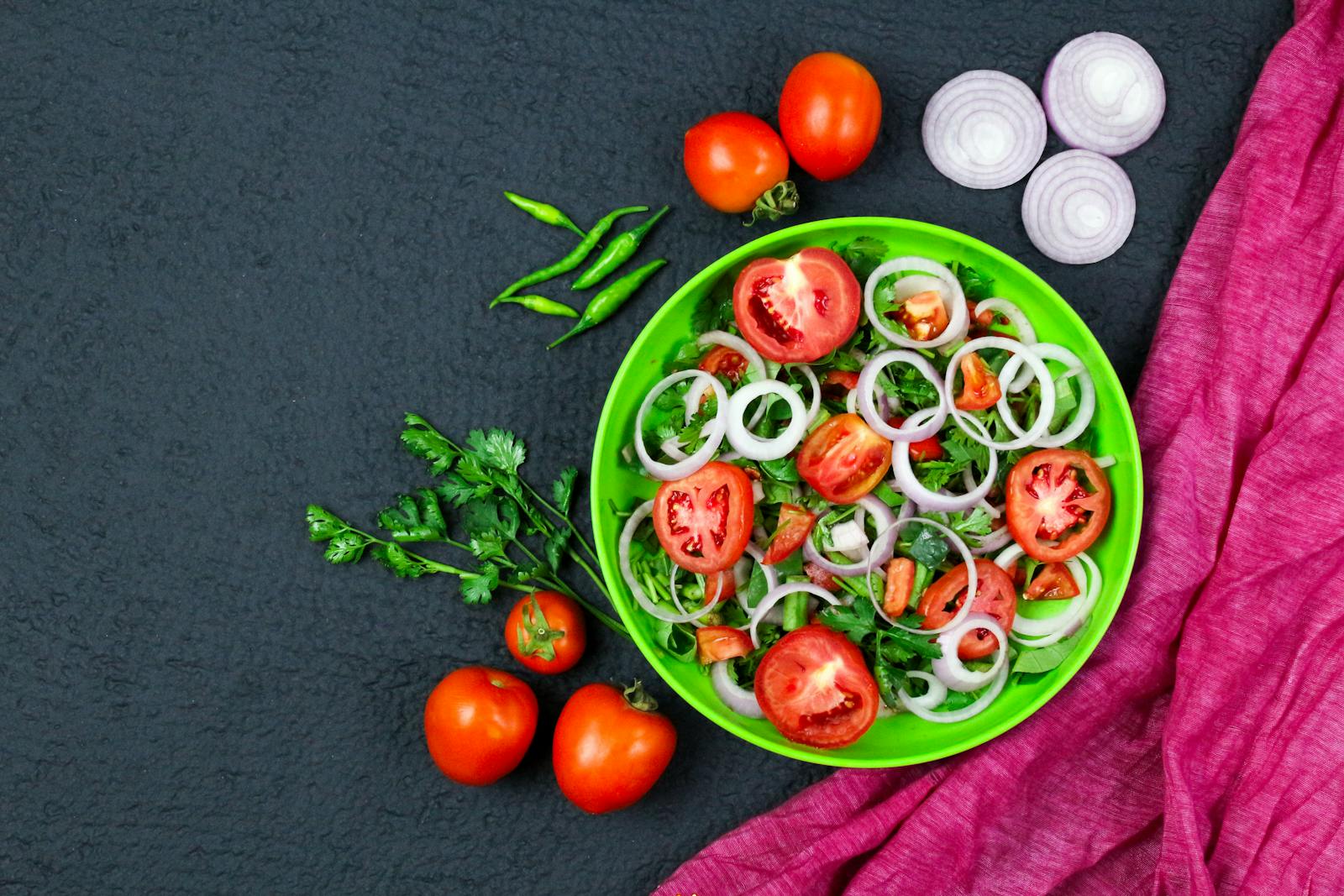Introduction:Vegan Homemade Food
In an age of mass production and industrial farming, a quiet revolution is taking place in Mauritius. It begins not in factories, but in humble kitchens—where dedicated individuals craft homemade organic food with purpose, passion, and care for the planet. As global awareness of healthy, sustainable living grows, more Mauritians are turning to food that is not only nourishing but ethically made.
1. Vegan Homemade Food: The Rise of Homemade Organic Food in Mauritius
The demand for homemade organic food has grown significantly across the island. From Port Louis to Mahebourg, local entrepreneurs and home cooks are embracing organic principles, sourcing ingredients from chemical-free farms, and avoiding mass-market shortcuts. This trend reflects a broader global shift toward clean eating and minimal processing.
What sets these local producers apart is their commitment to quality over quantity. Unlike large-scale food companies, they are able to monitor every step of the process—from selecting organic vegetables to packaging eco-friendly containers. The result is food that not only tastes better but also aligns with values of health and environmental consciousness.
2. Vegan Homemade Food: Better for You, Better for the Planet
Homemade organic food offers tangible health benefits. Without synthetic pesticides, preservatives, or artificial additives, meals are cleaner and easier on the body. For those with dietary sensitivities or specific lifestyle preferences (like veganism or vegetarianism), local homemade producers offer a variety of customizable options—made fresh, made to order.
But the impact goes beyond the plate. Homemade food production uses significantly less energy and generates less waste. It supports biodiversity, reduces plastic packaging, and often involves biodegradable or reusable containers. Many Mauritian artisans are even using upcycled materials for delivery, echoing the island’s broader push toward a circular economy.
3. Vegan Homemade Food: Supporting Local Economy and Women Entrepreneurs
Purchasing homemade organic food in Mauritius doesn’t just benefit your health or the planet—it strengthens communities. Many of these businesses are led by women working from home, combining traditional recipes with modern nutritional insights. By choosing their offerings, consumers directly support economic independence and local resilience.
Additionally, buying locally reduces the carbon footprint associated with imported goods. It ensures freshness and reinforces food sovereignty—allowing Mauritians to reclaim control over what they eat and how it’s produced. Initiatives like the MauritiusBizMonitor regularly showcase such entrepreneurs, making it easier for consumers to discover trustworthy vendors.
4. Vegan Homemade Food: The Art of Vegan and Vegetarian Creations
Among the growing wave of homemade organic food offerings, vegan and vegetarian dishes are taking center stage. These meals are crafted with an emphasis on fresh, plant-based ingredients sourced locally, ensuring they are both nutritious and environmentally friendly.
Chefs and home cooks alike are innovating with traditional Mauritian recipes, removing animal products without sacrificing flavor. The result is a vibrant culinary scene that respects cultural heritage while embracing modern dietary trends. This approach not only appeals to health-conscious consumers but also to those concerned about animal welfare and sustainability.
5. Vegan Homemade Food: The Convenience of Direct-from-Kitchen Purchases
One of the most attractive features of buying homemade organic food in Mauritius is the opportunity to purchase directly from the kitchens. This direct model eliminates intermediaries, ensuring freshness and often reducing prices for consumers. It also allows for personalized orders and quicker delivery.
Many sellers leverage social media platforms and dedicated websites to connect with customers, offering transparency about ingredients, cooking methods, and sourcing. This direct relationship builds trust and loyalty, fostering a community around good food and shared values.
6. Vegan Homemade Food: Challenges and Opportunities in Scaling
While the homemade organic food market in Mauritius is thriving, it faces challenges typical of small-scale food production. These include limited access to capital, regulatory hurdles, and the need for enhanced cold-chain logistics to maintain freshness during distribution.
However, these challenges also present opportunities for innovation. Cooperative models, government support programs, and technology-enabled delivery services are emerging to support these local food entrepreneurs. As consumer demand grows, the sector is poised for sustainable expansion that benefits all stakeholders.
7. Sustainability Beyond Ingredients
Sustainability in homemade organic food is not limited to just the ingredients used. Many producers focus on minimizing waste, using compostable packaging, and reducing energy consumption during cooking. These practices help reduce the environmental footprint of food production on the island.
Moreover, many artisans are adopting zero-waste cooking techniques, creatively using all parts of fruits and vegetables to make broths, sauces, and snacks. This approach aligns with global sustainability goals and inspires consumers to think more deeply about their own food choices.
8. Cultural Heritage and Culinary Innovation
Mauritius boasts a rich culinary heritage, blending African, Asian, and European influences. Homemade organic food producers celebrate this diversity by revitalizing traditional recipes with fresh, organic ingredients. This fusion of heritage and innovation creates unique flavors that appeal to both locals and tourists.
Additionally, these producers often experiment with fusion cuisine, combining plant-based diets with island flavors to develop exciting new dishes that are both delicious and eco-friendly.
9. Building Trust Through Transparency
Transparency is a cornerstone of the homemade organic food movement in Mauritius. Producers openly share their sourcing, preparation methods, and sustainability commitments with customers. This transparency builds trust, encouraging consumers to support local businesses.
Many producers use social media and blogs to tell their stories, showcase their kitchens, and educate the public about the benefits of organic, homemade food. This direct communication fosters a loyal customer base and promotes wider awareness.
10. The Future of Homemade Organic Food in Mauritius
The future of homemade organic food in Mauritius looks promising. As awareness grows, more consumers are prioritizing health, sustainability, and local support in their food choices. This trend encourages innovation, investment, and collaboration among producers, distributors, and policymakers.
Initiatives that provide training, funding, and infrastructure improvements will be crucial to scaling this sector sustainably. Through collective effort, Mauritius can become a model for how local food economies can thrive while protecting the planet.
Conclusion
Homemade organic food is more than just a niche market in Mauritius—it is a vibrant movement connecting health, culture, environment, and community. By choosing fresh, local, and sustainably produced meals, consumers play an active role in shaping a better future for the island and beyond.
Supporting these local kitchens means investing in economic resilience, environmental stewardship, and culinary excellence. As this sector continues to grow, it will undoubtedly inspire similar initiatives worldwide.
For more inspiring stories and updates about sustainable living in Mauritius, visit MauritiusBizMonitor.
Discover cutting-edge trends and expert insights on organic food from this trusted resource on organic food benefits.




